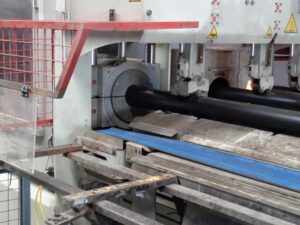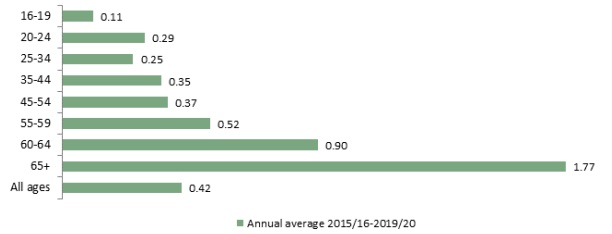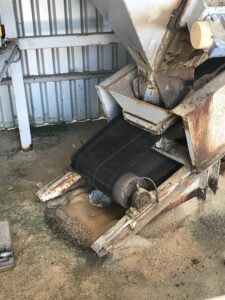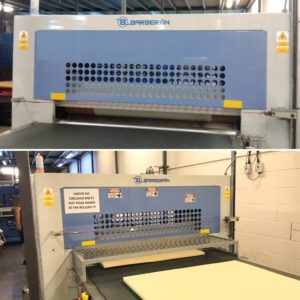Plastics manufacturer, Melba Products Limited, was fined £130,387 (inc. costs) after an employee’s finger was severed due to inadequately guarded machinery.
The circumstances were:
- The accident occurred on the hopper/blender of a blow moulding machine.
- Melba Products Limited failed to carry out a risk assessment of the blender.
- They had failed to put in place appropriate control measures to prevent access to dangerous parts
- They had also failed to implement a suitable system of training and supervising of new starters.
- The injured employee had only been operating the machine for one week prior to the incident.
- The blender had not been sufficiently guarded to prevent access to dangerous parts of machinery. There was a large gap of approximately 4 x 5 inches towards the top of the hopper guard.
- On 5 November 2018, the 36-year-old employee of Melba Products Limited had been refilling the hopper of a blow moulding machine with plastic granules from bags.
- Work gloves that had been inside one of the bags fell into the hopper and through the guard.
- Whilst reaching through a large gap in the top of the hopper guard to retrieve the gloves, his middle finger contacted dangerous parts of the blender.
- This resulted in it being severed down to the knuckle of his second finger.
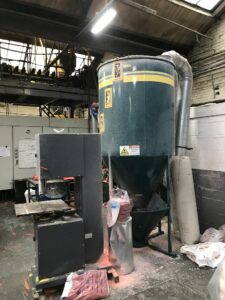
The HSE inspector said:
“This injury was entirely preventable and could have been avoided by ensuring the machine was being operated safely, with a suitable guard in place. Adequate supervision should also have been in place to ensure the machine was being used safely by newer operatives. Employers should make sure they properly assess and apply effective control measures to minimise the risk from dangerous parts of machinery.”



